Reading: The Oldest Trick in the Book
DIS Invites Literacy Consultant to Share Strategies with Teachers and Parents
December 13, 2022
DIS welcomed parents to campus on December 2nd, to provide information on ways to enhance their child’s reading ability. Natashya Hays, the guest literacy consultant, said, “Today I am meeting with parents, and we’re gonna talk about the process of reading and things that we can do at home to support our children as readers as they grow.” Ms. Hays presented to families then held a Q&A afterwards.
She taught about word recognition and language comprehension, and how children enhance understanding when they recognize key words while reading. She introduced three components of language comprehension: background knowledge, vocabulary knowledge, and language and text structure.
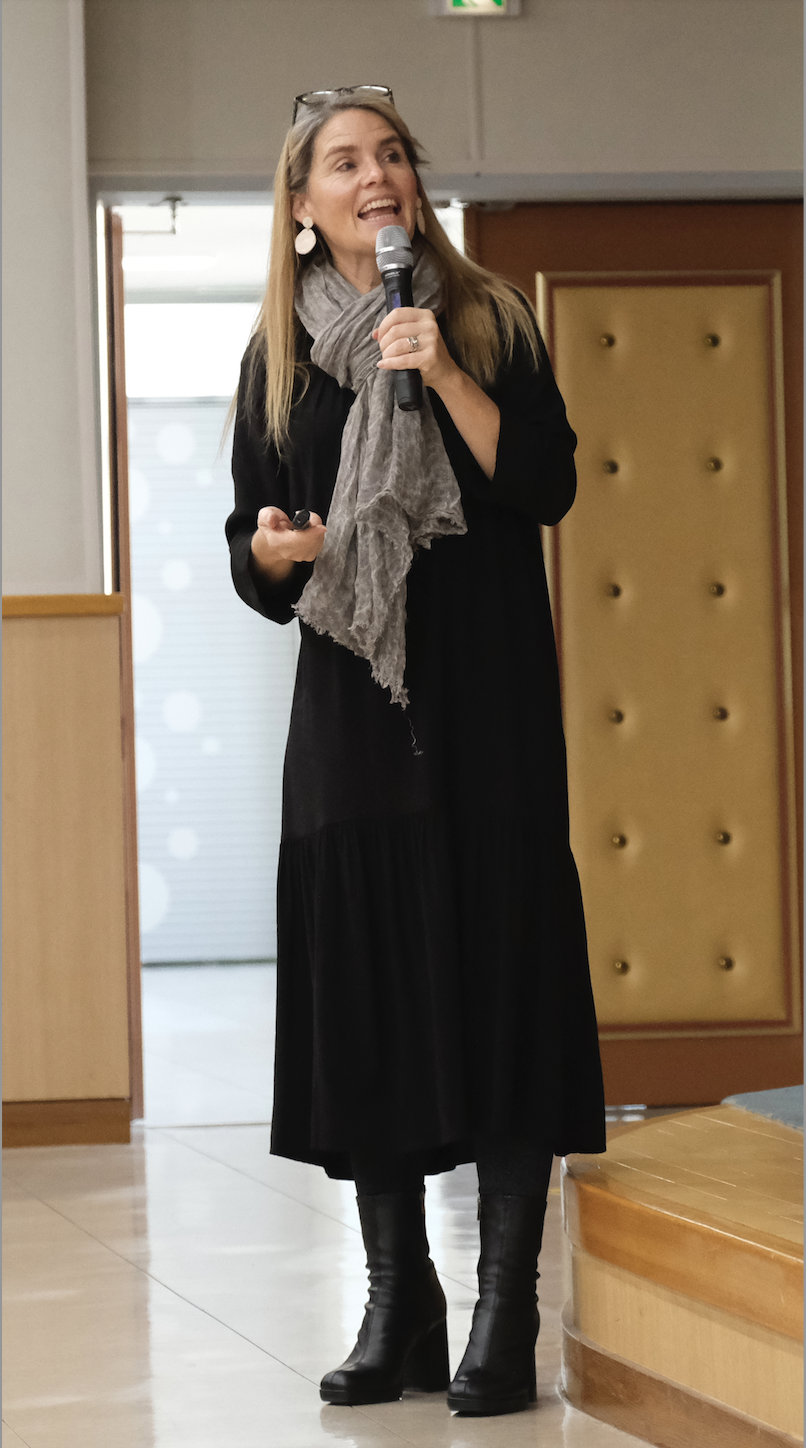
Some of her advice to burgeoning bookworms included modeling and reading aloud. Adults can make themselves visible while reading to show youngsters the power of a good story. Parents should also read aloud to their children – in any language. And genre doesn’t matter either, no matter the age of the child. This fosters comprehension and appreciation of literature, and shows kids the reward of experiencing books for fun. Surprisingly, families should even continue reading aloud together well into their child’s adolescence.

Asking questions helps raise reading comprehension. Ask about the main themes and characters. Apply layers of critical thinking and analysis and have your child verbally analyze the book with you. Connecting personal experiences to the text further enhances understanding. Ms. Hays recommended a book titled “The Name Jar” about a kid who moved away from Korea and attended a new school in the US. She explained that you can ask your kids how they felt coming to DIS for the first time and connect those experiences to the themes of the book.
Ms. Hays said books should take front and center in your home. Scatter them on coffee tables, showcase front covers on bookshelves, and keep books handy all over the home. Set up designated spaces for you and your kids to cozy up to a page-turner.
The administration provided this opportunity to parents to help them gain a full understanding of how the school teaches the students in class as well. Mr. Seward said, “We want to start inviting parents more whenever we bring a consultant to campus, to learn more about the curriculum and more about the instructional methods that we are using here at school.”
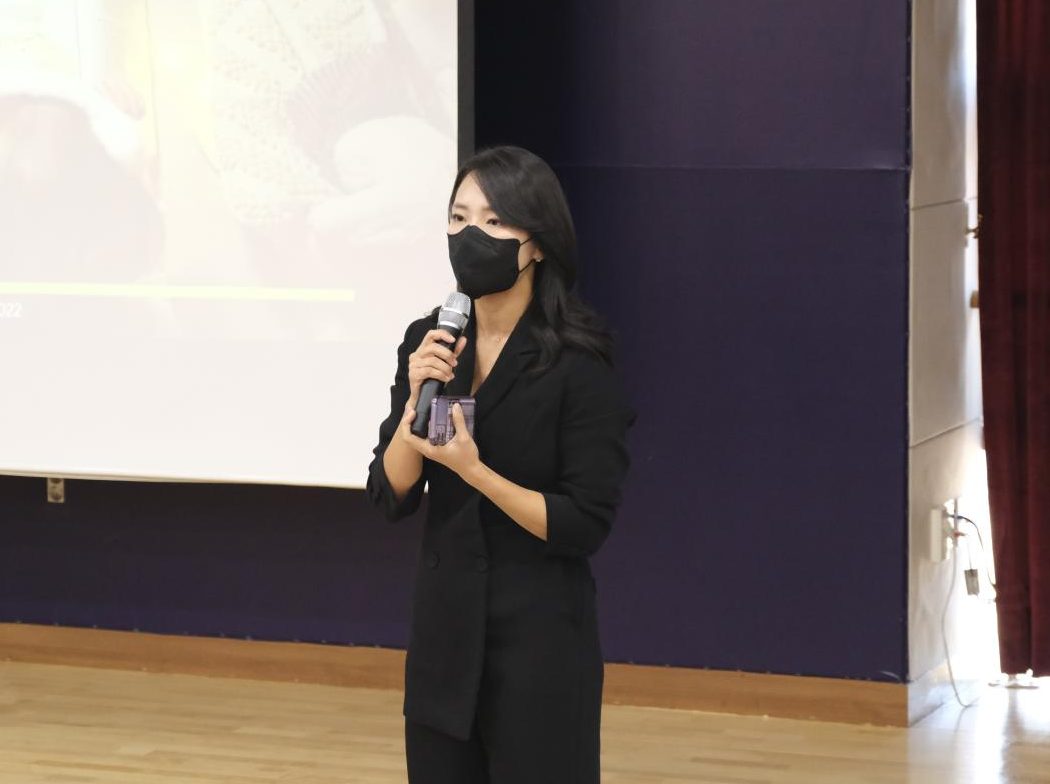
Parents took away a lot from this presentation. A second grader’s mother remarked, “I got an idea on how to get my child to read more at home, and how I could help to provide a comfortable reading environment.” In general, parents learned how to engage themselves in the bookish interests of their children.
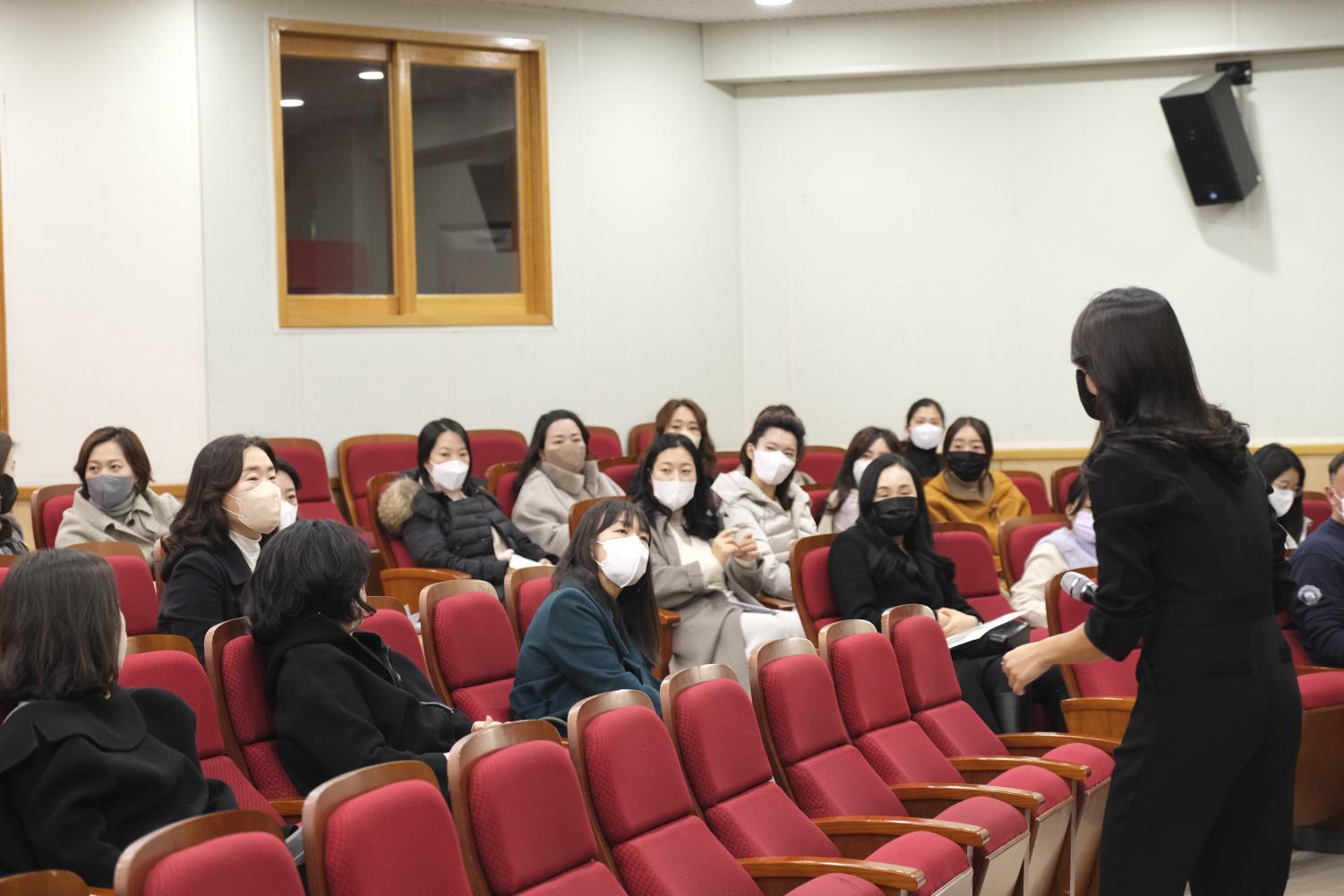
The event yielded a good turnout as more than forty people attended the presentation. Mr. Seward said, “I thought it was great. It was well attended. This was kind of the first event like this that DIS has done. And I think in general, but especially since COVID – I’ve done these at other schools that I’ve worked at – and sometimes you get a lot of parents, sometimes it’s you and the consultant and five people in the audience. But you still offer it to parents. We were excited that we had almost 50 parents RSVP, and when I counted at the end of the day, we had 40-something parents attend. So it was great. It was well attended and I hope the parents enjoyed it.”
Not only did Ms. Hays provide aid to parents, but she assisted elementary teachers as well. Mr. Seward explained Ms. Hays’ schedule: “The first day she met with the teachers. The second day she went into the classroom and taught a lesson. The teachers were observing, so she would stop to say, ‘you see what I’m doing here’, and, ‘this is when I would ask these questions.” He added, “Today we went into the classroom and the teachers taught the lesson, and Natashya observed and we talked about the lesson afterward.”
Overall, this unique event provided information in several ways. Both parents and teachers now grasp a further understanding of how to effectively teach literacy to children. Reading can drastically do wonders – and DIS parents just made great steps in improving the literacy of their children.

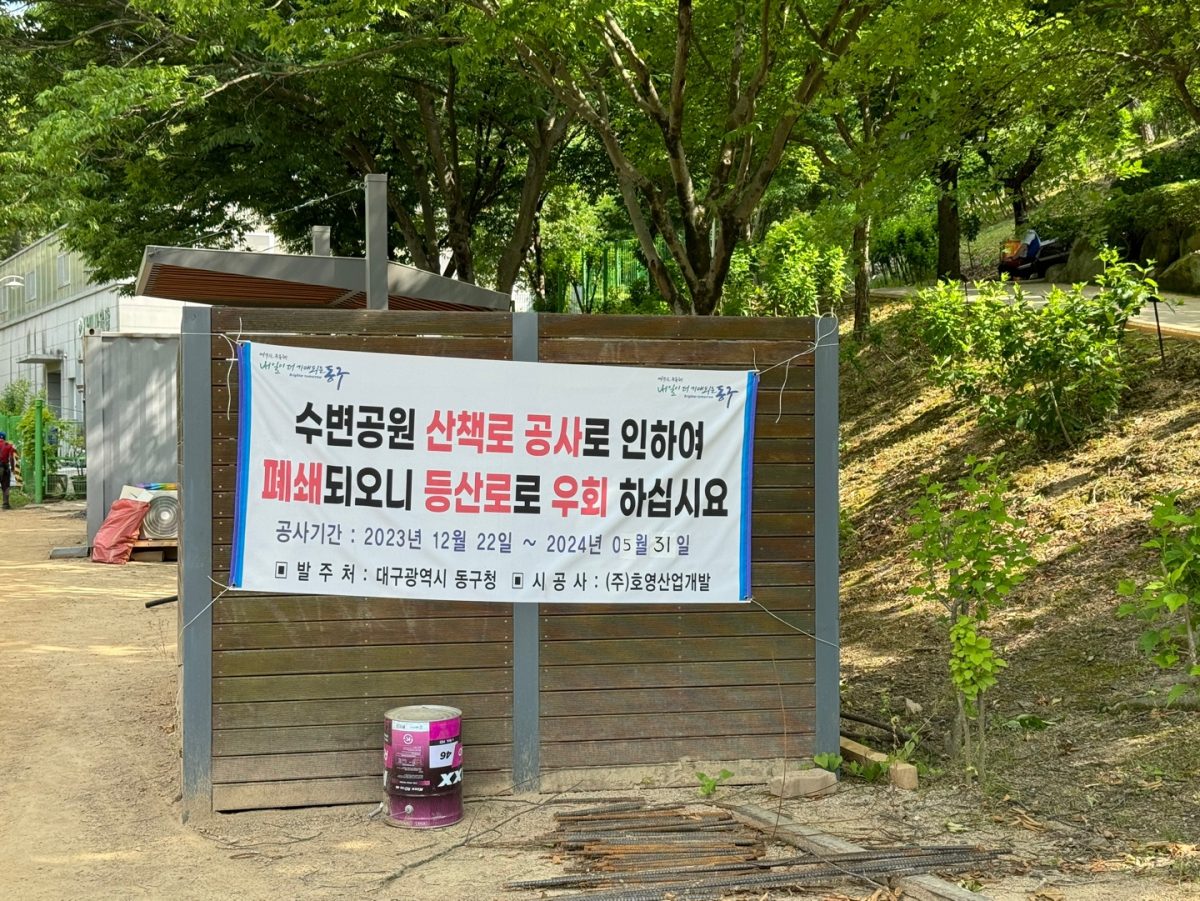






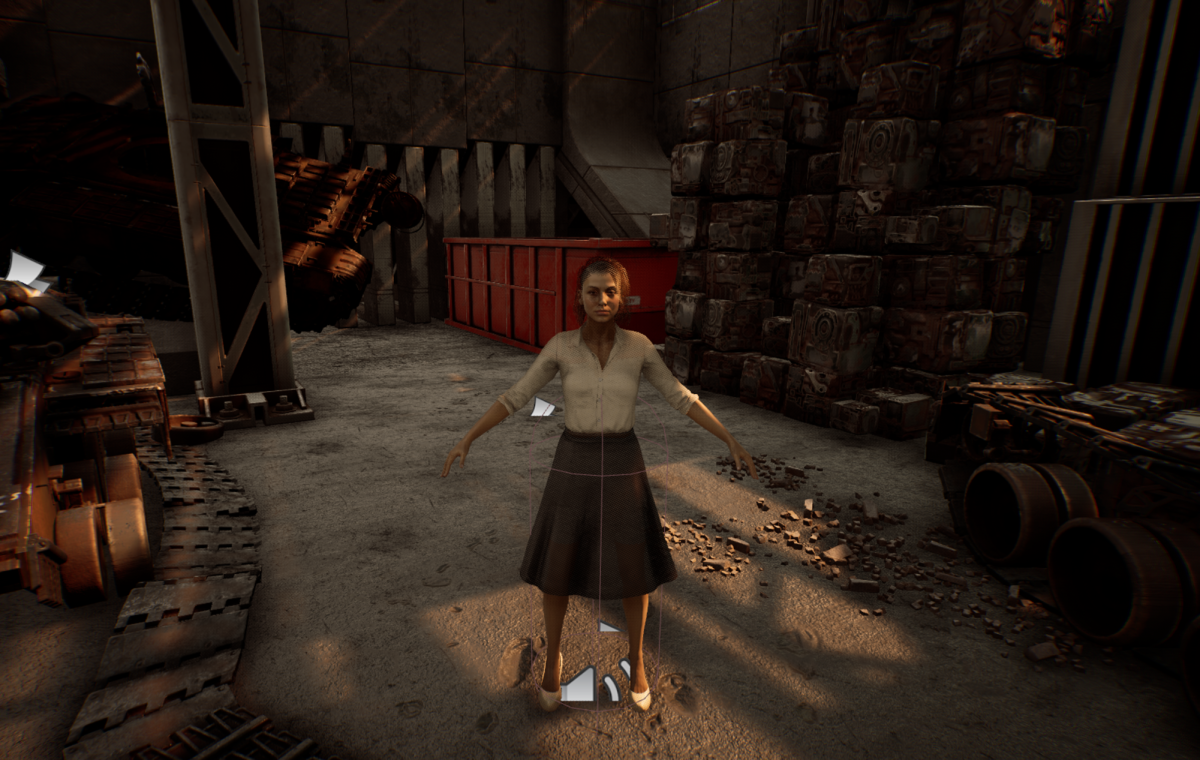

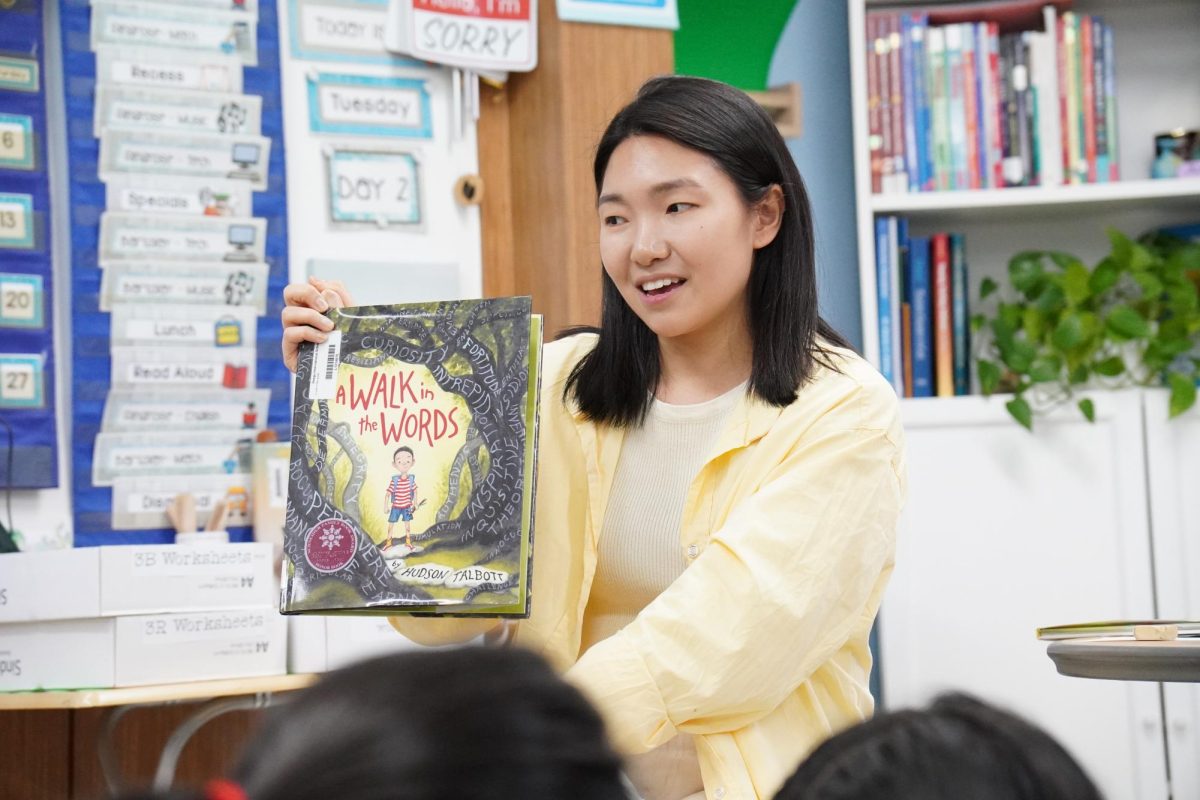











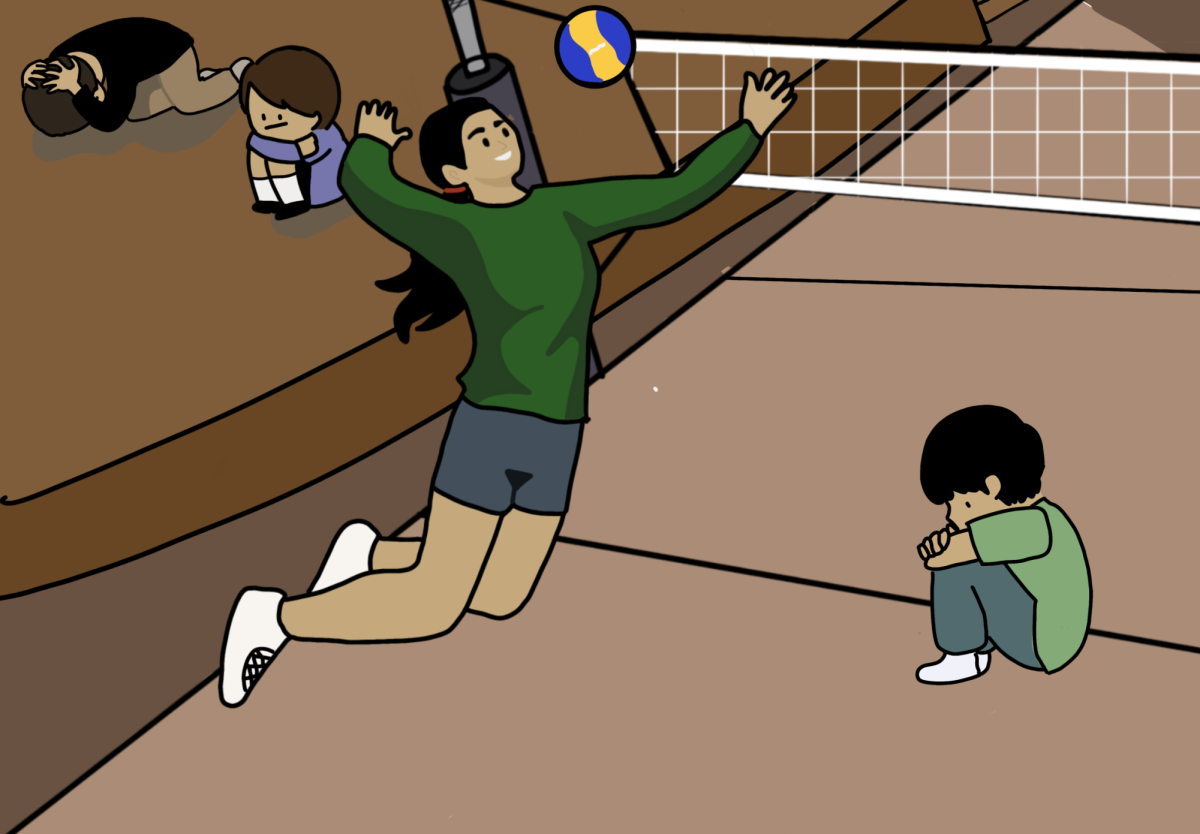
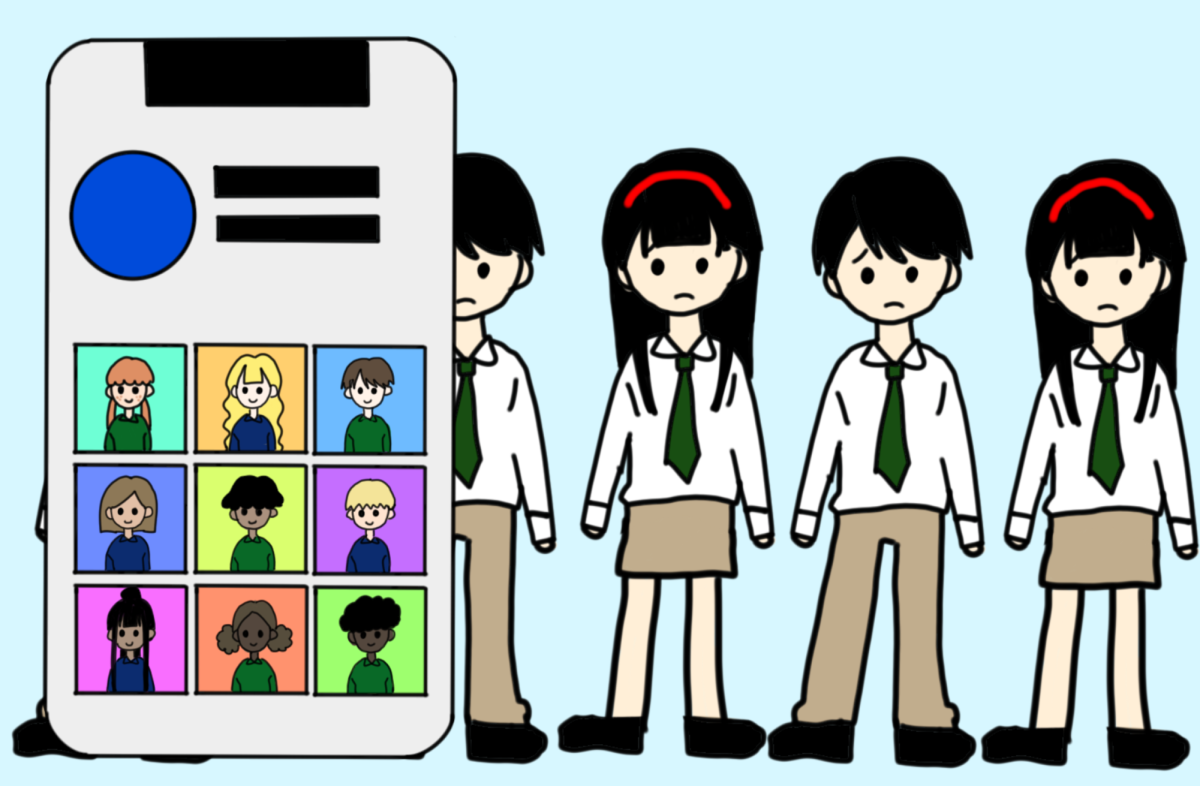
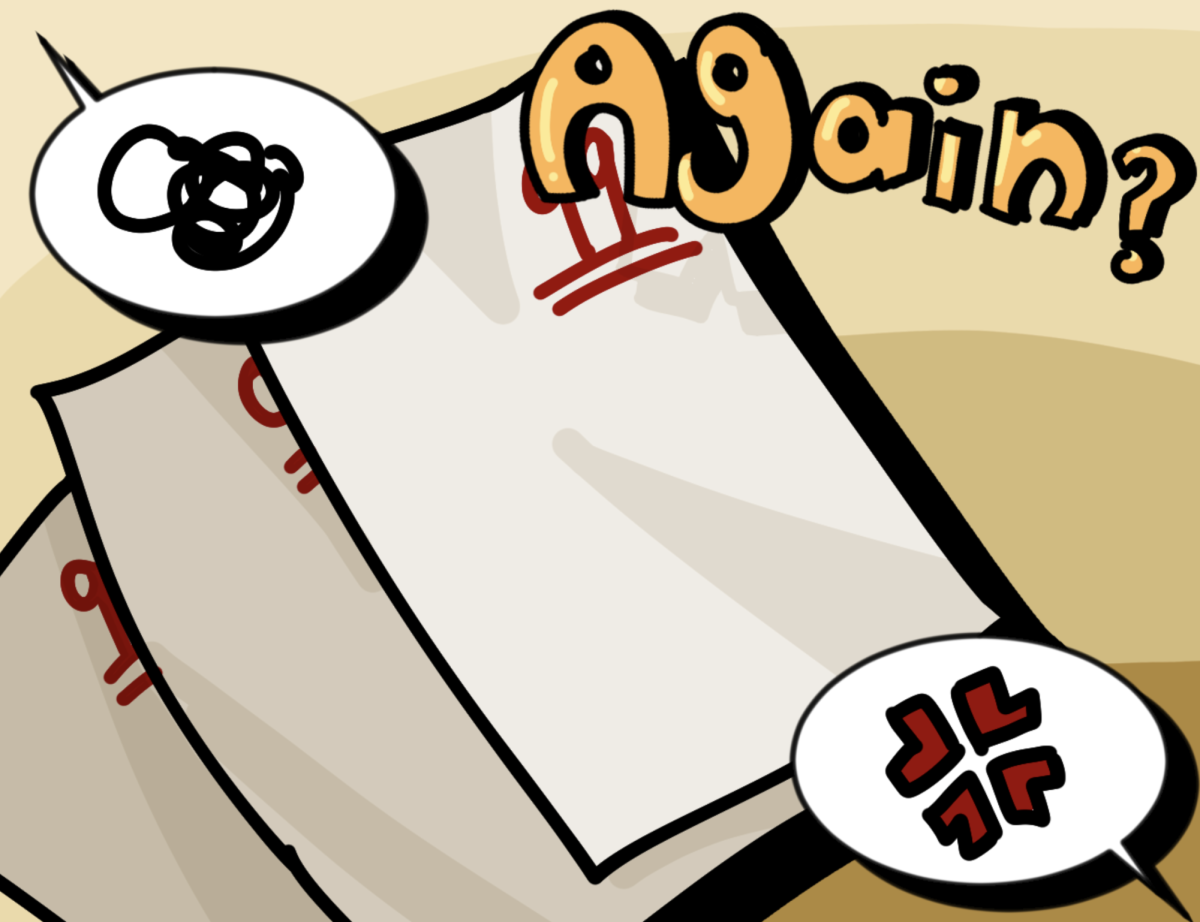

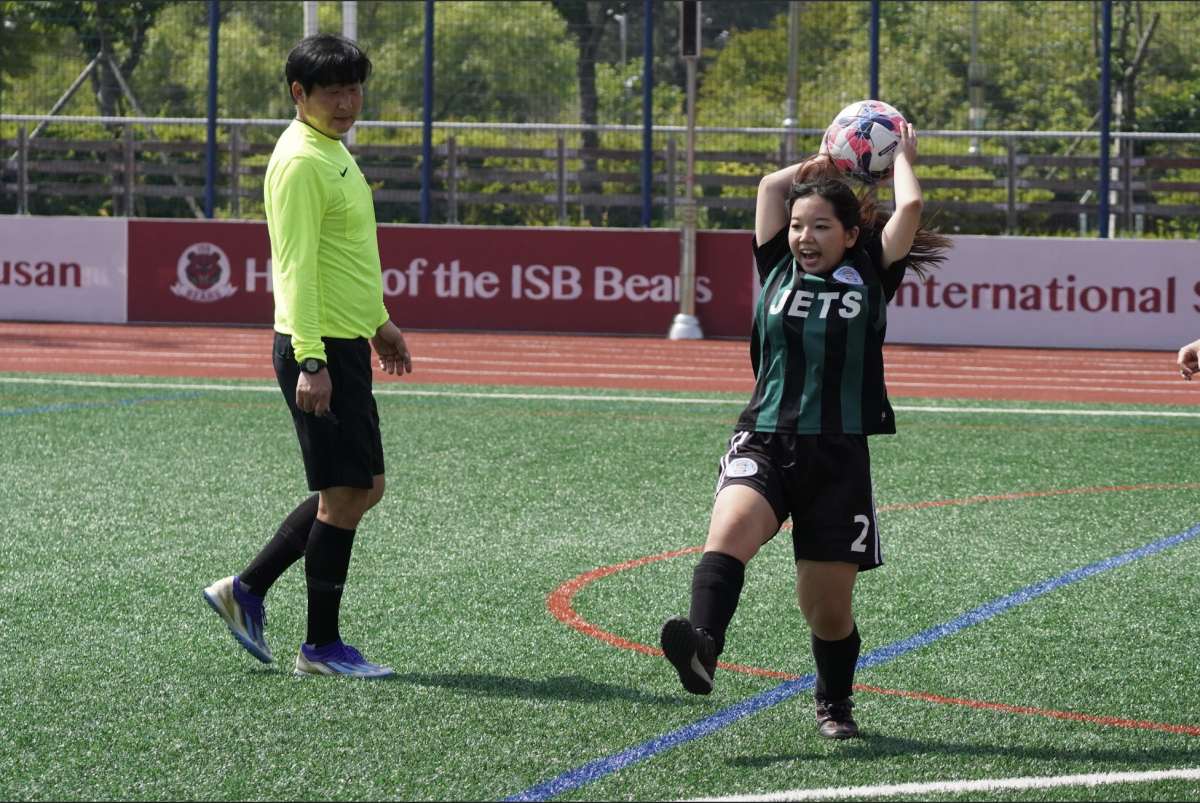
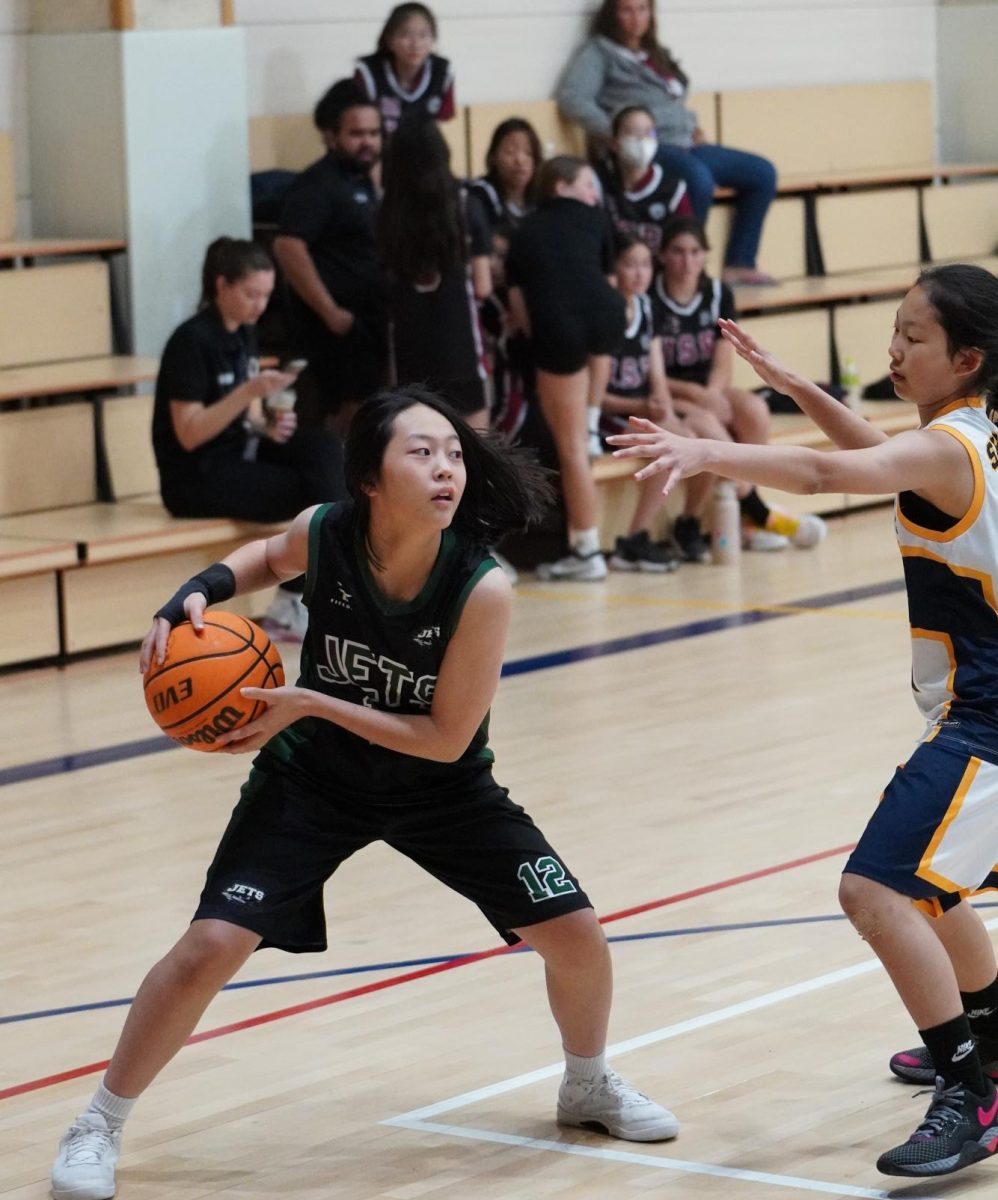
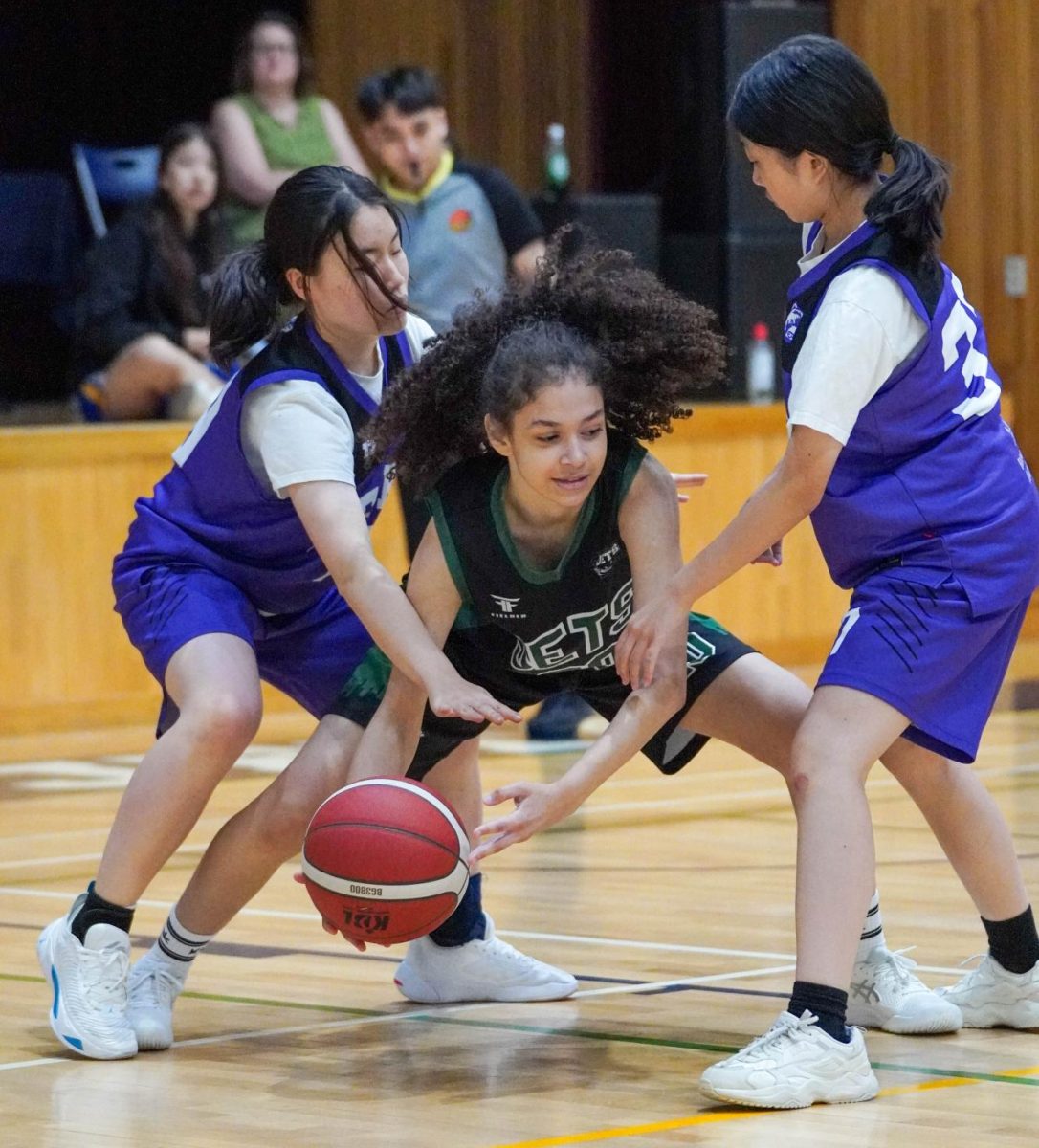







![[Podcast] Bet on Bonnie Episode 2: Sophie Lee](https://jetsflyover.com/wp-content/uploads/2024/05/jbspodcasts-1200x951.png)

![[Podcast] Jets Jukebox Episode 1: Bleachers, Self-Titled](https://jetsflyover.com/wp-content/uploads/2024/04/Jets-Jukebox-LOGO-1-1200x1200.png)
![[Podcast] Eco-Lution Episode 3: Freshmen explore alternatives to paper straws](https://jetsflyover.com/wp-content/uploads/2024/03/Ecolution_Podcast_Logo-1200x1200.png)
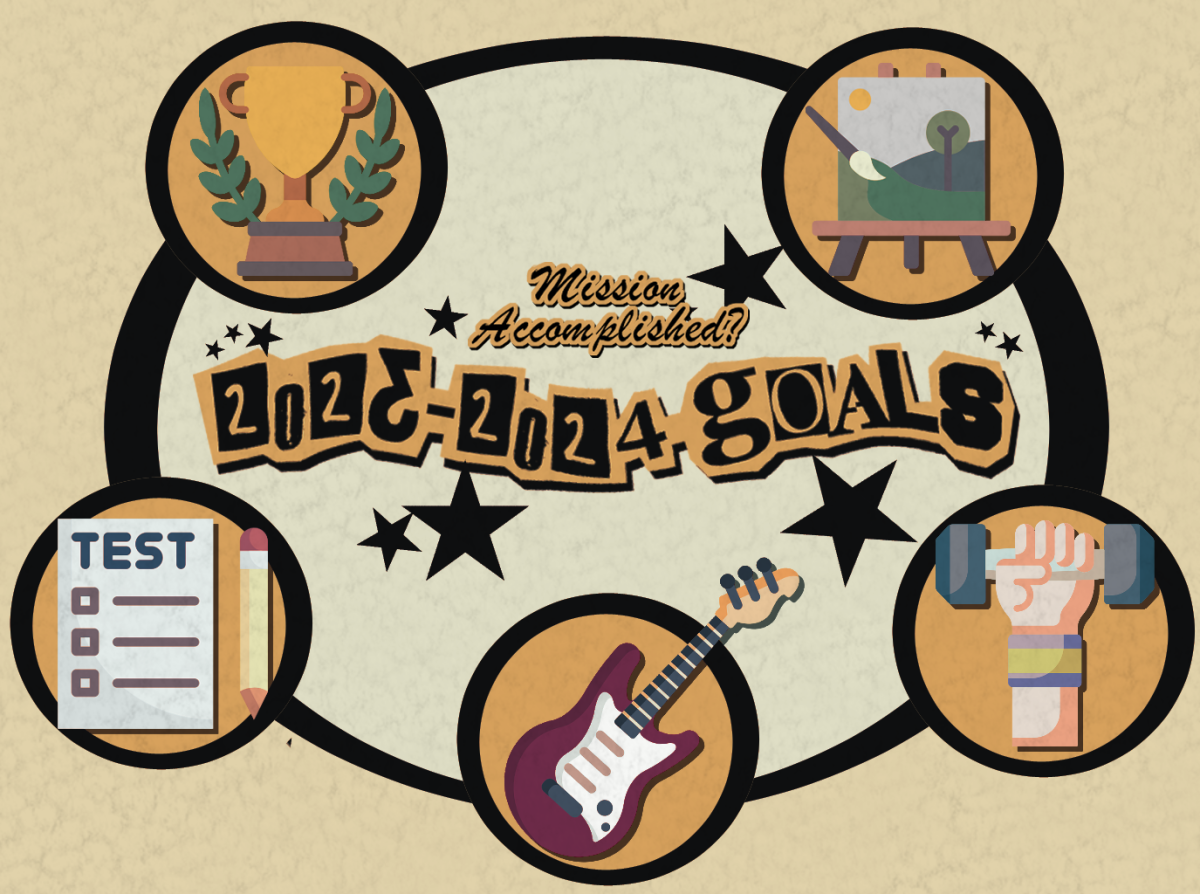






















Jio Kim • Dec 16, 2022 at 8:13 am
My mom also went there and she really liked it!! She said that all kids should be able to enjoy books and get really into a great book.